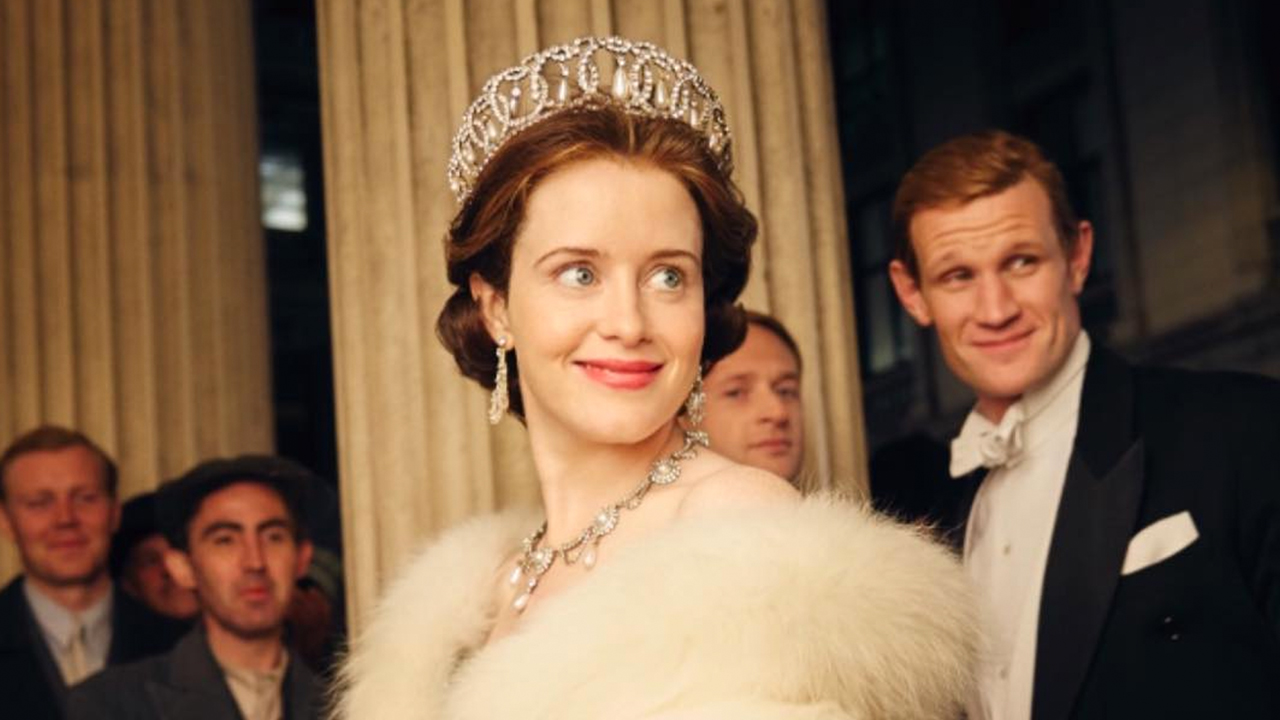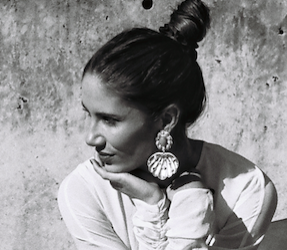News feed

Claire Foy as Queen Elizabeth II in Netflix’s original production, The Crown, streaming now
Credit: Instagram @therealmcraigo
I’ve just finished up reading a story on New York’s The Cut about famous women who have experienced anxiety and depression throughout the years. Among them was Princess Diana who after giving birth to her two sons suffered shockingly from post-natal depression. “You’d wake up in the morning feeling you didn’t want to get out of bed, you felt misunderstood, and just very, very low in yourself … Maybe I was the first person ever to be in this family who ever had depression or was ever openly tearful. And obviously that was daunting, because if you’ve never seen it before how do you support it? … It gave everybody a wonderful new label — Diana’s unstable and Diana’s mentally unbalanced. And unfortunately that seems to have stuck on and off over the years.”
Then, there was a piece in The Guardian dissecting some of the British monarchy’s age-old traditions in light of Prince Harry’s relationship with Suits actress Meghan Markle. It talked about how the English press had (prematurely) marked this relationship as scandalous. Royals are seemingly all of “blue blood” heritage and Markle’s romance could be seen an issue given she is biracial (not to mention she is also divorced, older than the Prince and has been seen in many stages of undress on television.)
Both examples are different issues. But both show the intrinsically difficult life one takes on when they either marry into the Royal family or are bestowed the crown themselves. Netflix’s lavishly-produced The Crown Season One showed even more conflicting situations as Queen Elizabeth II (played by Claire Foy) who, after the sudden death of her father, grapples with a scandal-clad sibling in Margaret, an ego-bruised husband in Philip, an ageing and dottery Prime Minister in Winston Churchill and the public scrutiny of a country in England. To be so young and handed that position would have been overwhelming to say the least and this series showed the Queen’s vulnerabilities in ways we haven’t seen before. But the pressure to play such a historical, living figure, too, was for Foy, intense.
“I found she’s very challenging as a person for me to play because we’re not massively similar — vocally, physically, and she’s very in a control, stoic person. Or at least she seems to be. And I’m all over the show,” Foy told Variety. “[Grieving your father’s death at 25-years-old] is the time when you should be allowed to be sad and not be ashamed of it. And be allowed to grieve and behave badly and come to terms with what happens. And she couldn’t do anything of those things.
“And it ricocheted across the whole family. It affected [her sister] Margaret and the Queen Mother and Philip. We see what the death means. It means that someone else has to step up to the plate. It’s immediate. There’s no glory in it. There’s no joy in it. It’s a nightmare. I don’t think she has ever has a chance or has the time to come to terms with it. Her religion comes in and helps a bit. There’s so many things asked of her and so much responsibility I don’t think she even began to carve out a time to sit in a room and come to terms with what she’s feeling.”
Foy says when she learnt the accent, she then focused on Queen Elizabeth’s habitual gesture of playing with her wedding ring, a telling sign of her relationship status with Philip. Foy admits as soon as she read the scripts, she realised the person she was playing wasn’t at all the person she thought she would be playing when she signed up. “As soon as I read the scripts I think the idea of her being a remote figure, a disembodied figure were gone, really. She’s like everybody else. It just so happens she’s not able to express herself in the same ways. She’s got her hands tied,” continued Foy.
“Her duty and her job means that she’s not able to be open in the way that we all take for granted. The things that surprised me the most was how important her marriage and family were to her. And therefore how difficult it was for that to be a conflict in her life. They were the most important things to her, and all of a sudden for that to be the biggest problem was a complete nightmare. For her to be having problems between what she has to do, which she’s never not going to do, she’s such a duty-bound person, but then there’s her relationship to the people that she loves, which are the things she has to sacrifice, which is an awful position to be put in, really.”
The Crown Season 2 streams December 8 on Netflix.









